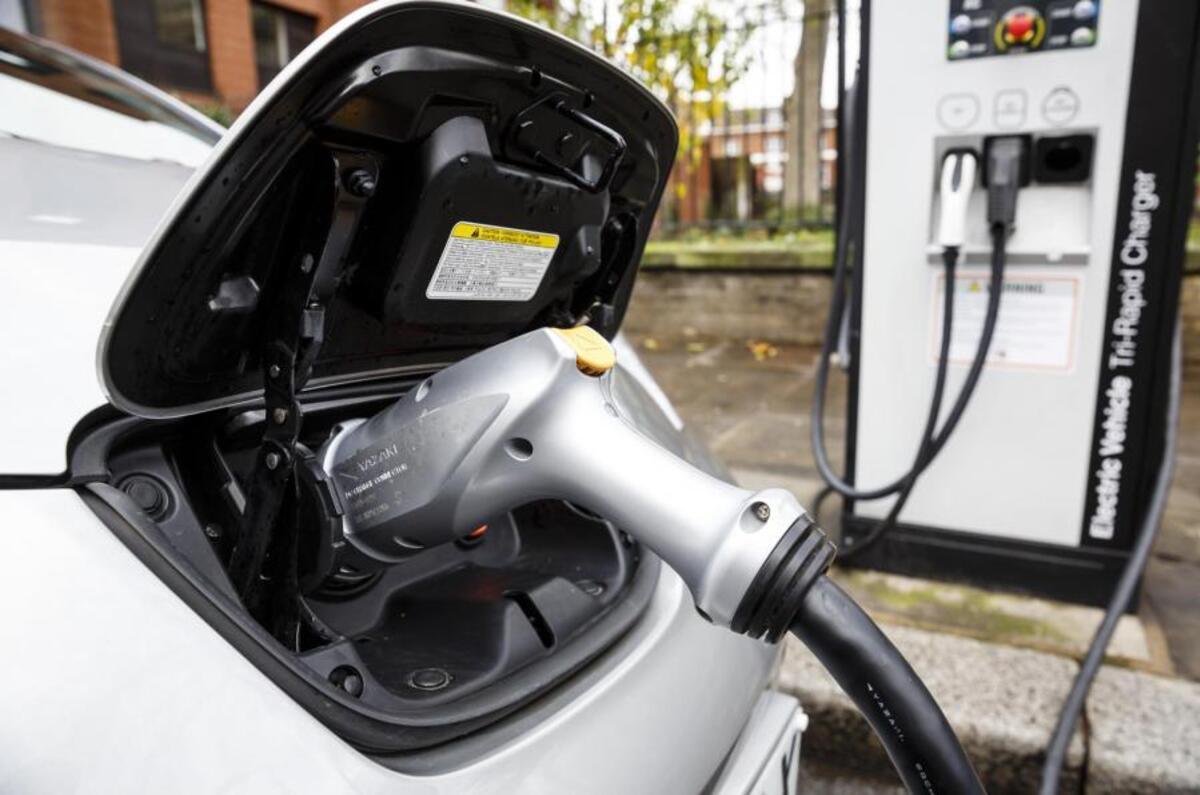The Netherlands could become the first country in the world to ban the sale of diesel and petrol engined cars, if draft laws supported by leading Dutch politicians are enforced.
Earlier this year reports revealed that decision makers in the Netherlands and Norway were in favour of only allowing the sale of zero-emission vehicles in their countries from 2025. Now Yale Climate Connections (YCC) reports that the process in the Netherlands has gained traction, meaning the chances of the law being passed there are becoming increasingly likely.
Leading voice behind the campaign, Jan Vos of the Dutch Labour Party, told YCC that he believed the ban on combustion engined cars couldn’t be rolled out until electric vehicles are affordable and practical. But he reiterated the need to reduce emissions, saying: “We need to phase out CO2 emissions and we need to change our pattern of using fossil fuels if we want to save the Earth.”
The Netherlands has already cemented itself as a leading country in the uptake of zero and low-emission vehicles. Close to a quarter of new car sales are made up of fully electric vehicles, and certain models, such as the BMW 3 Series, have sold in vast numbers as hybrids, with 43% of registrations being for the 330e model.
Compared with the rest of Europe, where just 4% of 3 Series sales are hybrids, and the Netherland’s preference for low-emission vehicles is clear.
The Netherlands joined the International Zero-Emission Vehicle (ZEV) Alliance last year, which aims to make all new vehicles use electric power by the year 2050.
The UK is also a member of the ZEV Alliance and trends here suggest British consumers are also beginning to switch to electric models. The number of plug-in hybrids registered increased from 3,500 cars in 2013 to more than 75,000 so far in 2016 (to the end of July), and demand for electric vehicles was up by 31.8% in the first three months of the year compared with the same period in 2015.
Independent bodies have begun to place pressure on the UK's government to reduce road traffic emissions. The Institute for Public Policy Research (IPPR) has urged London Mayor Sadiq Khan to ban diesel cars from the capital’s centre, stating that road transport accounts for almost 15% of all emissions in London.
Other key countries calling for a ban in the sale of combustion engined cars are Germany and India, which have both suggested laws could be enforced from 2030.
Read more:
EV charging stations predicted to be more common than fuel pumps by 2020




Join the debate
Add your comment
What about about Rotterdam?
Plane Alternative
There's no commercial alternative to planes or ships but most trips of less than a hundred miles there's now an alternative and there'll be an even greater choice in 10 years
Can't drive to Holland anymore???
Do they also get turned back at the borders???
And as always in these environmental issues, the Trucks that transport everything & the Busses will be exempt from this rule & continue to pollute !!!
Its always the private motorist that gets hit again...............
Future
It’s the sale of NEW petrol or diesel cars, even if it does happen they’re still be using Diesel/ Petrol for another 10 years after that.
Pie in the Sky.
Can't honestly see Dutch car dealerships being too happy loosing out to a dealership across the border. EU competition laws? All sounds very unlikely tbh.
@ Scotty
It's not 100%, it varies